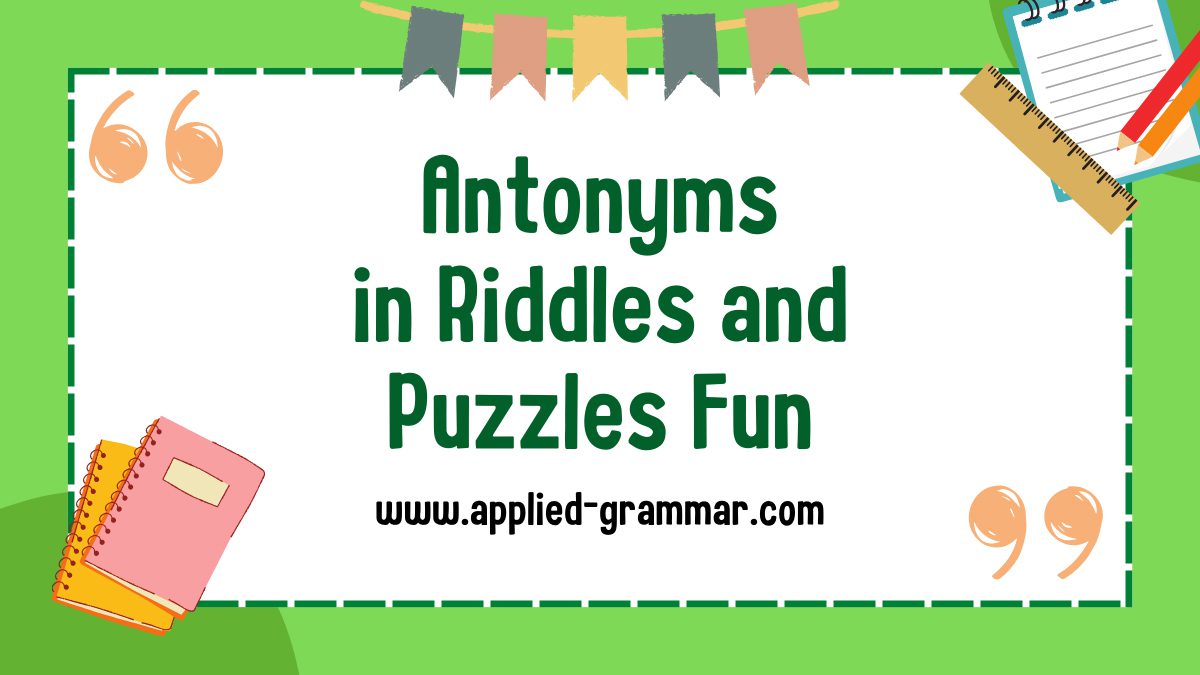If you’re a fan of word games and enjoy challenging yourself with riddles and puzzles, then you’re in for a treat with antonyms in riddles and puzzles. These language games are not only fun and engaging, but they also provide a unique way to discover the area of antonyms and expand your vocabulary. In this text, we’ll jump into the exciting area of antonyms in riddles and puzzles, and discover how they can enhance your language skills while keeping you entertained.
Key Takeaways
- Antonyms are words that have opposite meanings and play a crucial role in expanding vocabulary and enhancing language skills.
- Learning and using antonyms enables vocabulary expansion and enhances language skills by encouraging critical thinking and fostering a deeper understanding of word meanings.
- Incorporating antonyms in riddles and puzzles helps enhance language skills, improve communication, and stimulate critical thinking abilities.
- Antonym-based riddles and puzzles require problem-solving skills, cognitive flexibility, and creativity.
- Language games that incorporate antonyms can be a fun and engaging way to enhance vocabulary and language skills.
- Antonym games offer benefits such as improving vocabulary, developing logical reasoning skills, and fostering a well-rounded approach to problem-solving.
What are Antonyms?
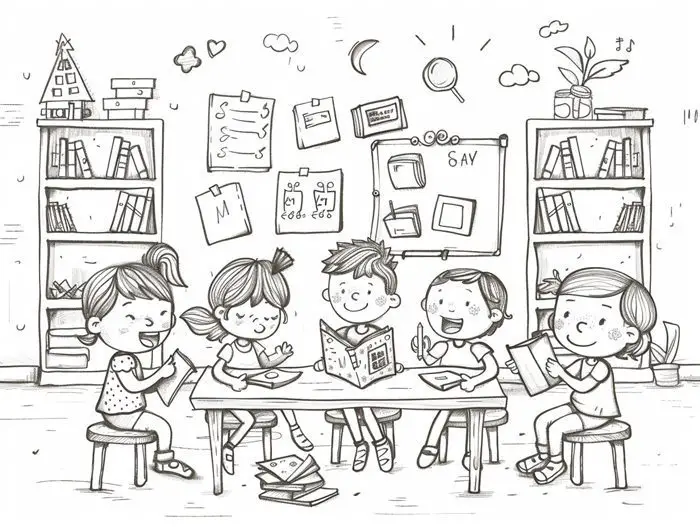
Definition of Antonyms
Antonyms are words that have opposite meanings. They are a fundamental part of language and play a crucial role in expanding vocabulary and enhancing language skills. Antonyms provide contrast and balance, allowing us to express a wide range of ideas and convey nuanced meanings.
Here are some key characteristics of antonyms:
- Opposite Meanings: Antonyms have completely opposite meanings. For example, hot and cold, happy and sad, or big and small are all pairs of antonyms.
- Contrasting Words: Antonyms create contrast and help us understand concepts better by presenting their direct opposites. They allow us to compare and differentiate between different qualities, states, or actions.
- Vocabulary Expansion: Learning and using antonyms enables you to expand your vocabulary and express yourself with more precision and depth. By understanding the opposite meanings of words, you develop a stronger command of language.
- Language Enhancement: Antonyms enhance language skills by encouraging critical thinking and fostering a deeper understanding of word meanings. They help effective communication and enable you to choose the most appropriate words for different contexts.
Examples of Antonyms
Here are some examples of common antonyms:
- Hot / Cold
- Happy / Sad
- Big / Small
- Tall / Short
- Fast / Slow
- Love / Hate
- Begin / End
By learning and using antonyms, you can add variety, precision, and depth to your writing and speech. Antonyms help you to clearly express contrasting ideas, enhance the impact of your language, and create more engaging and effective communication.
Why Use Antonyms in Riddles and Puzzles?
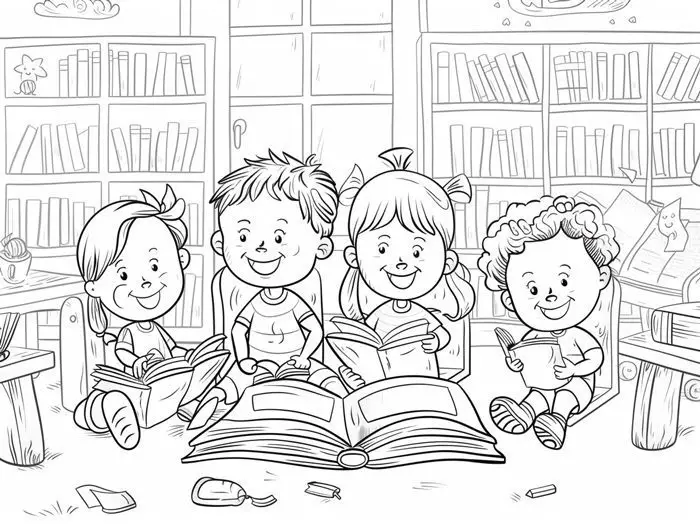
Enhancing Language Skills
Using antonyms in riddles and puzzles is a fantastic way to enhance your language skills. Antonyms are words that have opposite meanings, and incorporating them into word games adds an exciting challenge and level of complexity. By engaging with antonyms, you’ll not only expand your vocabulary but also gain a deeper understanding of language and its nuances.
Learning and using antonyms in riddles and puzzles helps to:
- Expand Vocabulary: Antonyms expose you to a broader range of words and help you develop a more diverse and extensive vocabulary. As you encounter antonyms in riddles and puzzles, you’ll learn new words and their contrasting meanings, eventually enriching your lexicon.
- Improve Language Skills: By actively engaging with antonyms in word games, you’ll sharpen your language skills. It encourages you to think critically about word meanings, refine your understanding of language, and express yourself more precisely and effectively.
- Enhance Communication: Utilizing antonyms in riddles and puzzles improves your ability to communicate with precision and nuance. It allows you to express ideas and concepts with contrasting words, adding variety and depth to your communication style.
Stimulating Critical Thinking
Incorporating antonyms into riddles and puzzles also stimulates critical thinking. These word games require you to think outside the box, connect contrasting ideas, and conceptualize different perspectives. Here’s how they stimulate critical thinking:
- Problem-Solving Skills: Antonym-based riddles and puzzles present you with a challenge, urging you to find the opposite word or concept. Solving these requires analytical thinking, deduction, and the ability to identify relationships between words.
- Cognitive Flexibility: Engaging with antonyms in word games allows you to switch between contrasting ideas and consider multiple perspectives. It encourages cognitive flexibility, allowing you to see beyond the literal meanings of words and explore their opposite counterparts.
- Creativity: Antonym-based riddles and puzzles encourage you to think creatively and explore innovative word associations. By embracing opposite meanings, your mind is stimulated to find unique connections and come up with novel solutions.
By incorporating antonyms in riddles and puzzles, you’ll not only enhance your language skills but also foster critical thinking abilities. These word games offer a fun and engaging way to expand your vocabulary, improve your communication, and sharpen your problem-solving skills. So, embrace the challenge, investigate into the world of word games, and enjoy the benefits of exploring antonyms.
Fun with Language Games
Have you ever thought about using antonyms in riddles and puzzles? Language games that incorporate antonyms can be a fun and engaging way to enhance your vocabulary and language skills. In this section, we will explore some exciting language games that will challenge your mind and improve your understanding of antonyms.
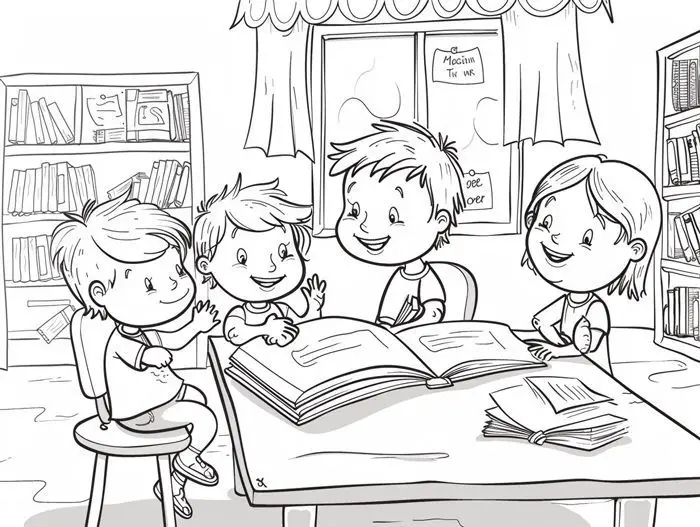
Antonym Riddles
Antonym riddles are a fantastic way to test your knowledge of words with opposite meanings. These riddles present you with a clue or a description and challenge you to find the antonym that fits. Solving antonym riddles not only sharpens your vocabulary but also stimulates your critical thinking skills. It encourages you to consider different perspectives and expand your understanding of language.
Here’s an example of an antonym riddle for you to solve:
I am tall and slim, but I have a counterpart.
We stand together, yet one is the opposite.
What am I?Take a moment to think about it, and we’ll reveal the answer later in the article!
Antonym Crossword Puzzles
If you enjoy the challenge of word puzzles, antonym crossword puzzles will be right up your alley. These puzzles require you to find the antonyms for the given clues and fill them into a crossword grid. As you solve each clue, you’ll strengthen your vocabulary and become more familiar with antonyms. Antonym crossword puzzles are not only a great way to engage your mind but also an opportunity to expand your language skills in an interactive and enjoyable way.
Antonym Word Games
For those who prefer traditional word games with a twist, antonym word games offer a fantastic option. These games require you to find synonyms and antonyms within a grid of letters, adding an extra layer of challenge to the gameplay. By searching for antonyms and synonyms, you train your brain to think critically and make connections between different words. Antonym word games provide an entertaining way to improve your vocabulary and enhance your understanding of word relationships.
In the next section, we will investigate deeper into the benefits of using antonyms in riddles and puzzles. Stay tuned to discover how these games can enhance your language skills and critical thinking abilities!
To quickly recap, in this section, we explored different types of language games that incorporate antonyms. Antonym riddles challenge your knowledge of words with opposite meanings, antonym crossword puzzles test your ability to find antonyms for given clues, and antonym word games offer a twist on traditional word games. These games provide an entertaining and engaging way to expand your vocabulary and sharpen your language skills.
Benefits of Antonym Games
Antonym games offer numerous benefits, ranging from improving vocabulary to developing critical thinking skills. Let’s explore how these games can enhance your language abilities.
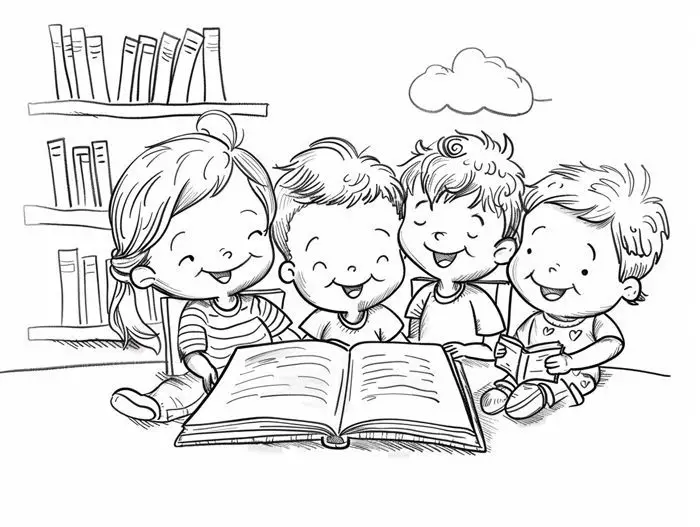
Improving Vocabulary
Playing antonym games is an effective way to expand your vocabulary. By engaging with words that have opposite meanings, you’ll not only learn new terms but also understand them in different contexts. This exposure to diverse word usage helps deepen your understanding of language and increases the range of words you can employ in your everyday communication.
Developing Logical Reasoning
Antonym games also stimulate logical reasoning skills. While trying to find the antonym of a given word or solve antonym-based riddles, you’ll need to think critically and analyze the relationships between different words. This process enhances your ability to identify contrasting concepts and strengthens your logical deduction skills. Also, antonym games encourage you to think flexibly and consider multiple perspectives, fostering a well-rounded approach to problem-solving.
Antonym games provide a fun and engaging way to enhance your language skills and critical thinking abilities. By actively participating in these games, you’ll enrich your vocabulary and improve your ability to make logical connections between words.
Conclusion
Incorporating antonym games into your language learning routine can have a significant impact on your vocabulary and critical thinking skills. By engaging in these games, you expose yourself to words with opposite meanings, allowing you to understand them in various contexts. This exposure expands your range of words for everyday communication, making you a more effective communicator.
Also, antonym games stimulate logical reasoning skills. As you analyze word relationships and think critically, you develop the ability to make connections between words. This skill is invaluable in many aspects of life, from problem-solving to decision-making.
By actively participating in antonym games, you not only enhance your language skills but also improve your overall cognitive abilities. These games provide a fun and engaging way to challenge yourself and expand your knowledge.
So, whether you’re a student looking to improve your vocabulary or an adult wanting to sharpen your critical thinking skills, incorporating antonym games into your routine is a worthwhile try. Start playing today and unlock the benefits of these language games for yourself.
